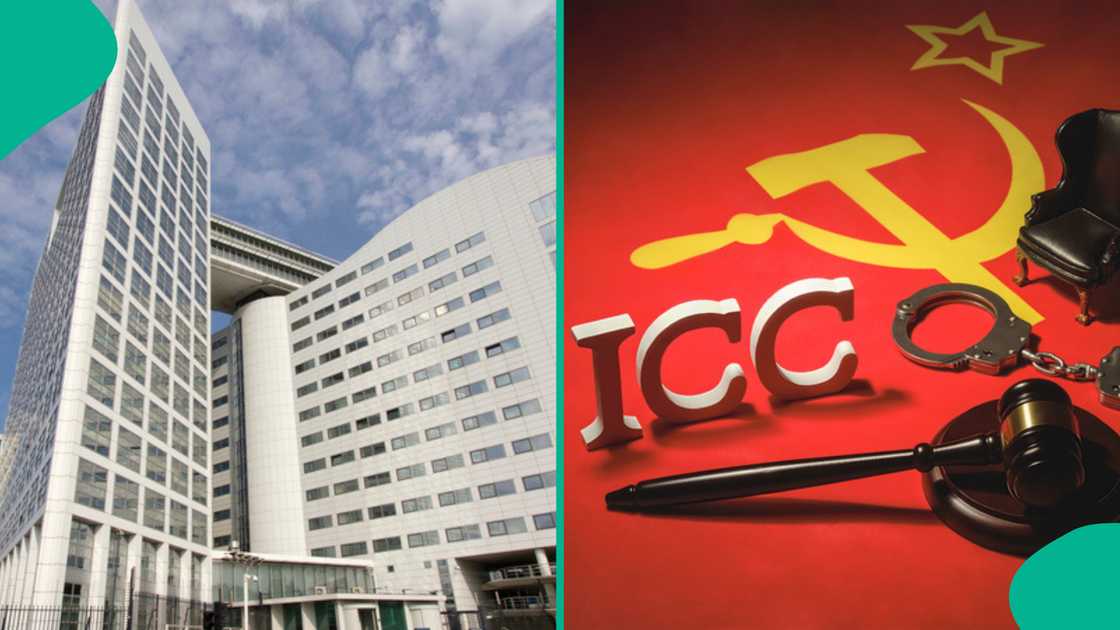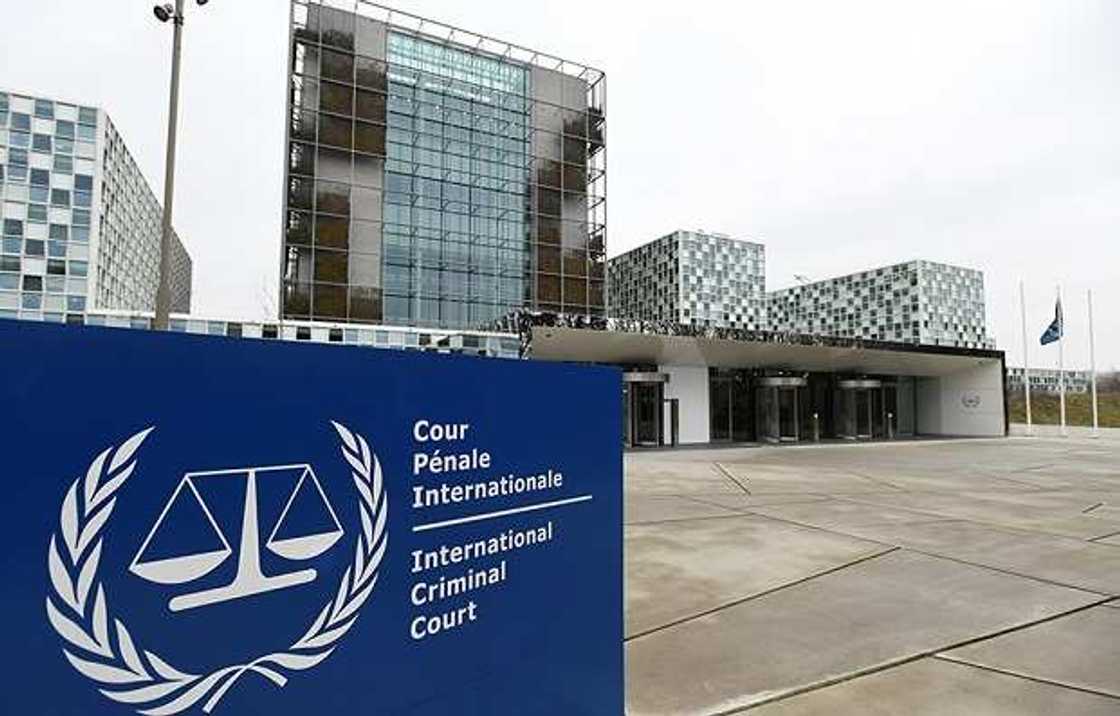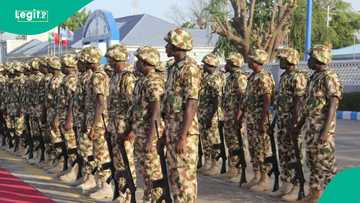Mali, Burkina Faso and Niger Withdraw from International Criminal Court
- .Mali, Burkina Faso and Niger have announced their withdrawal from the International Criminal Court, calling it “a tool of neocolonial repression”
- The move has deepened the Sahel region’s diplomatic shift following a wave of military coups and rising tensions with Western powers
- All three nations are battling Islamist insurgencies while facing scrutiny over alleged war crimes
Mali, Burkina Faso and Niger have formally announced their withdrawal from the International Criminal Court (ICC).
In a joint statement released on Monday, September 22, 2025, they described the institution as “a tool of neocolonial repression”.
The move marks a significant escalation in the diplomatic transformation sweeping West Africa’s Sahel region, which has witnessed eight coups between 2020 and 2023.

Source: Getty Images
The three countries, all currently governed by military officers, declared their exit from the ICC after more than two decades of membership.
The statement criticised the court’s effectiveness, asserting that it had failed to prosecute war crimes, crimes against humanity, crimes of aggression and genocide. However, the document did not cite specific cases where the ICC had allegedly fallen short.
Sahel states part ways with Western institutions
The withdrawal follows a broader pattern of disengagement from Western-aligned institutions. Mali, Burkina Faso and Niger have already severed ties with the Economic Community of West African States (ECOWAS) and established a new regional bloc known as the Alliance of Sahel States.
In recent months, the trio has scaled back defence cooperation with Western powers and pursued closer relations with Russia.
The decision to leave the ICC comes amid ongoing conflict with Islamist militant groups, which continue to control vast areas of territory and have launched repeated attacks on military installations throughout 2025.
Human Rights Watch and other organisations have accused both the militants and the armed forces of Burkina Faso and Mali of committing possible atrocity crimes.
ICC investigation in Mali dates back to 2013
The ICC has maintained an active investigation in Mali since 2013, focusing on alleged war crimes in the northern regions of Gao, Timbuktu and Kidal, which had fallen under militant control.
That same year, France intervened militarily to repel the insurgents. The investigation was initiated following a referral from Mali’s government at the time.
In April, United Nations experts reported that Malian forces may have carried out the summary execution of several dozen civilians, an act that could constitute war crimes under international law.

Source: UGC
Mali, Niger, Burkina Faso exit ECOWAS
Legit.ng earlier reported that Mali, Burkina Faso, and Niger Republic announced plans to officially cease to be members of the Economic Community of West African States (ECOWAS) from January 29, 2025.
This announcement was made by Alieu Touray, president of the ECOWAS commission, during the 66th ordinary session of heads of state and governments in Abuja, Nigeria's capital city. The decision follows the three countries' notification of their intent to withdraw from ECOWAS.
The withdrawal process, which includes a transitional period, is expected to be finalised by July 29, 2025. During this time, ECOWAS will keep its doors open to the three countries, and mediation efforts will continue to try to bring them back into the community.
Proofreading by James Ojo, copy editor at Legit.ng.
Source: Legit.ng



